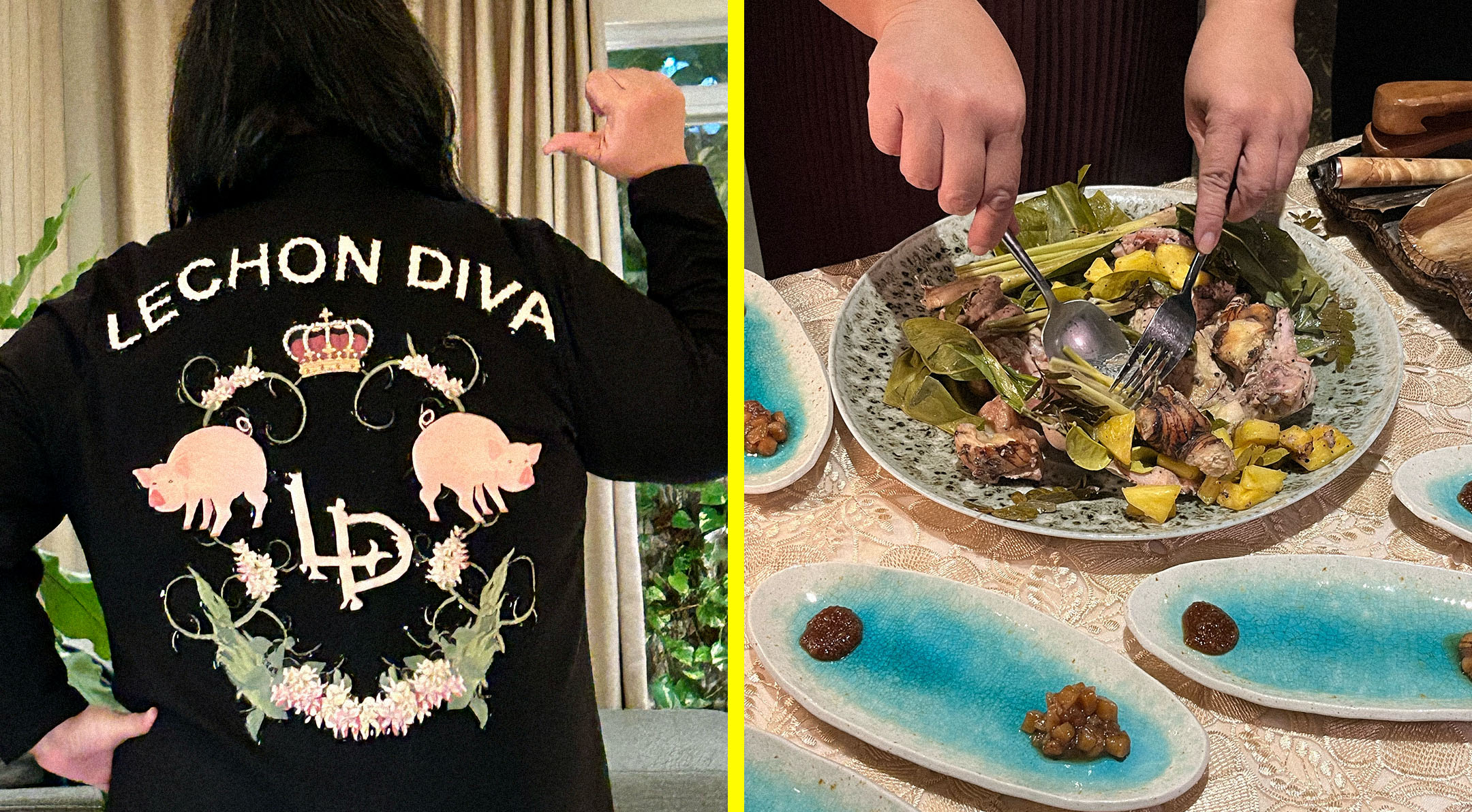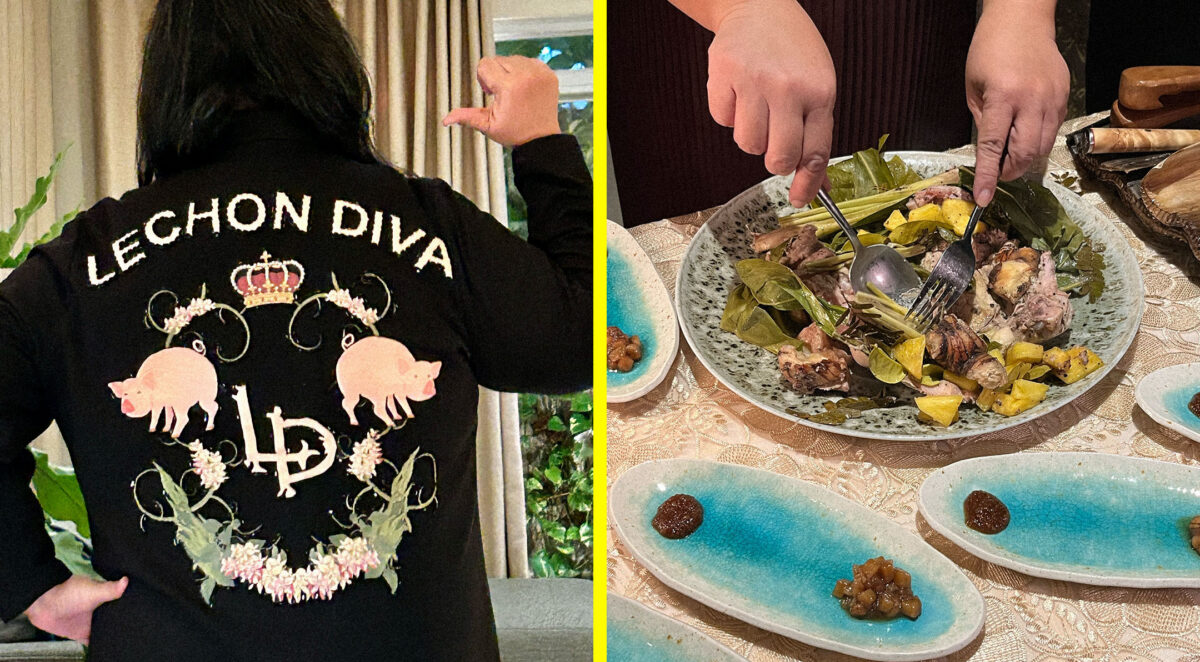When my husband was not yet my husband, he was conscious about staying healthy. He would eat healthy food, run 5 kilometers with me at the University of the Philippines Oval twice a week and take supplements. But after eight years of marriage and one year of lockdown, only the supplements are left in his bachelor routine.
I remember him telling me that he took a spoonful of virgin coconut oil (VCO) every morning. When I asked him if it tasted good, he told me no, but he got used to it. He said that he began with a teaspoon and increased it when he got used to it. He said that his dosage was enough to keep him energized the whole day without feeling hungry.
I found this habit to be very strange until I joined a recent roundtable discussion with Dr. Mari-Ann Bringas, chair of the Department of Biochemistry and Nutrition at Far Eastern University-Nicanor Reyes Medical Foundation (FEU-NRMF).
Bringas said that people are afraid of the word fat. But who isn’t? She said that there is nothing to fear because fats are a better source of energy versus carbohydrates and protein.
“Fat carries your fat-soluble vitamins. Fat-soluble vitamins such as vitamin A, D, E and K cannot be taken in by the body without a high fat diet,” she said. Vitamin A is good for the eyes, D is for calcium absorption, vitamin E for antioxidants and vitamin K for blood clotting options.
Fats bring out the flavor of food. That’s one of the reasons we sauté our food.
In favor of fat
Bringas said that the fear of fats usually comes from fear of cholesterol that we commonly get from oils from animal sources. She said that our body is capable of producing its own cholesterol. There are good fats that we can get from plants, she said, but she cautioned against using them for cooking.

“It can lead to free radical formation and can cause cancer. What we do with good unsaturated fats is eat it fresh or with very minimal heating,” she said.
Unsaturated fats include olive, peanut, canola and sesame oils. Polyunsaturated fats include corn, soybean and sunflower oil.
The bad fats or the trans fats are hydrogenated vegetable oil, chocolates and deep-fried food.
VCO falls under saturated fats, but she said that it is not completely bad.
“In your diet, at least 10 to 15 percent should be coming from saturated fats,” she said. Animal fats are also saturated fats, but it is the kind that we should take less of. Coconut oil has medium chain triglycerides that are very easy for the body to absorb. Bringas recommends that 7 percent of a person’s regular diet should come from saturated fats in the form of plant oil.
She added that VCO is the healthiest, most versatile unprocessed dietary oil.

“Coconut oil may protect you from heart disease. One of the biggest criticisms of coconut oil is that it is saturated fat. However, when you go to coconut-growing regions of the world, people who eat coconuts and coconut oil have the lowest rates of heart disease,” she said.
It also increases metabolism that helps you control your weight. She added that if you combine physical activity with consumption of good saturated fat such as VCO, you maximize your energy for metabolism.
“People who regularly consume coconut oil feel full so they don’t keep consuming food. The satiety effect is longer,” she said.
“The key to a balanced diet is always variety and moderation. It’s always good to supplement when you feel you are lacking a certain nutrient; mega doses may be unnecessary when you reach the minimum requirement for it,” she said.
My husband still takes VCO, but even the form has changed. He now consumes it in tablet form. One of the capsules available in the market is locally produced and Food and Drug Administration-approved Growrich Virgin Coconut Oil. The recommended dosage is two tablets with meals, according to Dr. Edmundo Lalusis, president of Growrich Manufacturing Inc.
Capsules have their advantages: portability, no spills, no iffy aftertaste.
Now all my husband has to work on to maximize the VCO’s effect is to start working out again. INQ















































